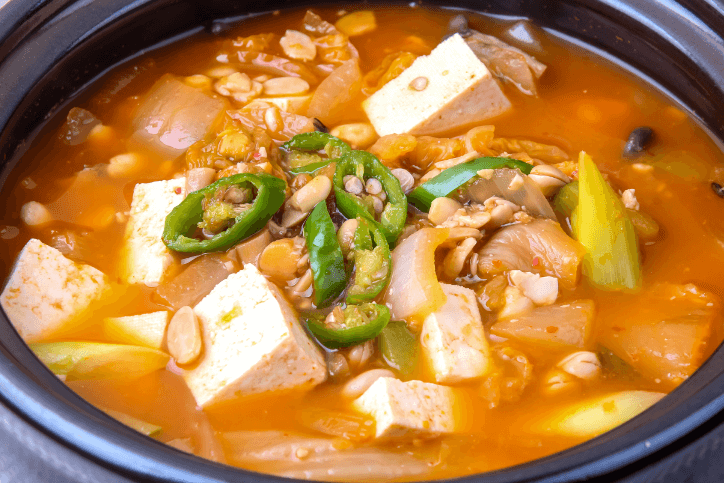
April 06, 2021 2 min read
How to cook soybeans
The different varieties of soybean all need different preparation techniques. For instance, edamame should be boiled in salted water or steamed within their pods for about 10 to 15 minutes.
Mature soybeans need to be soaked prior to cooking and then boiled until tender. They may be soaked conventionally which is overnight for 8-10 hours or maybe soaked by the quick soak method which requires dry beans to be placed on high heat in water and brought to a boil. The heat is then turned down to a simmer and then beans are taken off the heat. Soaking beans should be allowed to stand for one hour before rinsing and cooking.

To cook soybeans, place soaked beans in enough water to cover them. Bring to boil and let simmer for 3-4 hours. Add in a tablespoon of salt and two to three tablespoons of oil. Remember that black soybeans cook faster and will take about an hour to an hour and a half to cook by conventional boiling.
Soybeans are also sprouted to be used as an ingredient in salads or as a vegetable that may be consumed roasted and eaten as a snack food. You can throw them into your favorite trail mix for a nutritious punch.
Ideas for preparing soybeans
Using soybeans into meals can be done in a variety of ways. For instance, mashed or pureed soybeans may be added to muffins, pancake mixes, or quick breads. They may be seasoned and chopped to make a sandwich spread or used whole as a topping for fajitas or nachos. Likewise, soybeans can be mixed into a bowl of chili, used in stew, stir-fries, and casseroles.
❤ Try our USDA certified organic Soybeans ❤
Other Soybean Articles:
Thanks for reading this Be Still Farms Blog article. To sign up for more news/articles and/or recipes, click here. For more about us, click here. To shop our certified organic products, click here.
Please comment and share and we look forward to serving you in the future!
Comments will be approved before showing up.

January 27, 2025 3 min read
Flaxseed, the tiny yet powerful superfood, is packed with nutrients that can support weight loss. From curbing hunger to stabilizing blood sugar, this guide dives into the science of how flaxseed can help you shed those extra pounds.

December 11, 2024 3 min read
Discover three quick and easy soup recipes featuring organic small red beans. From a classic vegetable soup to a creamy potato blend, these wholesome recipes are perfect for chilly days and busy weeknights. Packed with flavor and nutrition, these soups will warm your heart and soul this winter!

December 06, 2024 3 min read
This vibrant and nutritious Green Lentil Salad combines tender lentils with grilled chicken, fresh vegetables, and a zesty lemon dressing. Packed with protein, fiber, and essential vitamins, it’s the perfect healthy meal for any time of day.
© 2025 Be Still Farms- Real, Fine Organics.
Privacy | Terms | Refund Policy | Organic Certification
